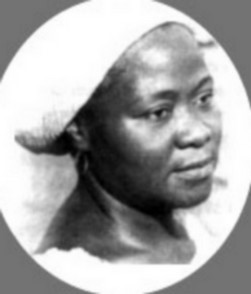Mali became a center for African scholarly history with the birth and success of the city of Timbuktu leading up to the colonization of Mali by the French. Even after colonization, some of the most influential and important pieces of African literature were produced in Mali. Malian writers covered topics on marriage (Mariage, on Copie by Aicha Fofana in 1994), social gaps present in Mali (Quand l’ail se frotte a l’encens by Adame Ba Konare), and etc. Among these writers was Aoua Keita, born in 1912, who was a Malian midwife by profession and later became an independence activist and writer. She was a vocal member of the African Democratic Rally and in 1950, denounced her French citizenship. She is best known for her autobiography, Femmes d’Afrique: La Vie d’Aoua Keita par Elle-Meme, which describes the political actions and roles of women in Mali from the colonial era onward. Her works spoke about the life of women in Mali under French rule. Aoua Keita worked to bring independence to women while establishing women’s organizations within the new political spheres that emerged in colonial Mali, reflecting women’s interests in the formation of a nation.
For more information on this influential Malian writer, check out Mali in Pictures by F.D. DiPiazza.
Picture from Femme Africa

